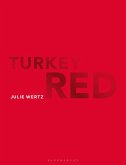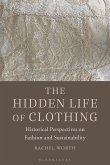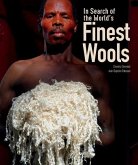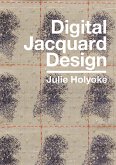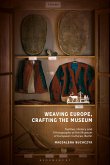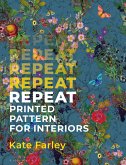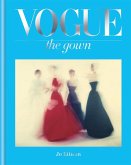This multi-disciplinary study examines the exceptional Turkey red textile dyeing process and product. Prized for its brilliant colour and durability, yet notoriously difficult to produce, the textile was consumed locally and exported around the world. Considered one of the first instances of industrial espionage, the expansion of the Turkey red industry is closely linked to the Industrial Revolution and the emergence of a new global economy. Significant technological advances in chemistry and dyeing were motivated by the demands of Turkey red dyers and printers, who were located primarily in the west of Scotland, the north of England, and around Mulhouse, Switzerland. This book explores the arc of the Turkey red industry, the evolution of the process through key producers and technical developments, the complicated printing process, and finishes with an examination of significant Turkey red collections and a selection of object case studies. The chemistry of the process is described in an accessible, contextual manner, highlighting the significance of the distinctive technique that yielded the best red attainable on cotton. Drawing on both historical and contemporary study, Turkey Red presents significant new research on the material characterisation of this fascinating, eye-catching textile, and offers an in-depth historical example of the global effect of textile consumption.
Hinweis: Dieser Artikel kann nur an eine deutsche Lieferadresse ausgeliefert werden.
Hinweis: Dieser Artikel kann nur an eine deutsche Lieferadresse ausgeliefert werden.


